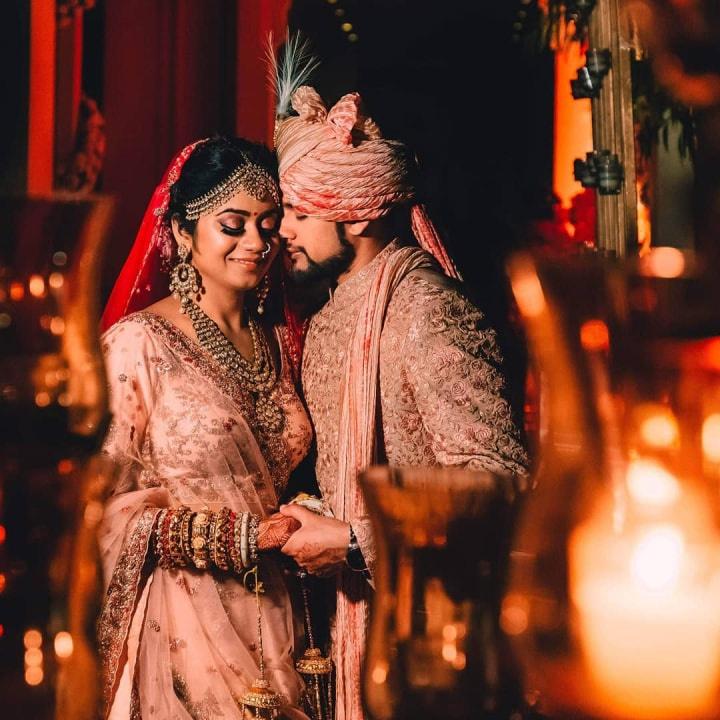Hindu Matrimonial Services
Hindu marriages are a timeless celebration of love, unity, and spirituality, known for their unparalleled grandeur, cultural depth, and profound significance. They represent more than the union of two individuals; they symbolize the sacred merging of families, communities, and generations, forging a bond that extends far beyond the wedding day. Rooted in ancient customs and traditions, Hindu weddings are a vibrant tapestry of rituals, emotions, and symbolism, each carrying deep meaning and purpose.
A Hindu wedding is not merely an event; it is a journey. It begins with pre-wedding rituals like Roka (engagement ceremony) and Haldi (purification ritual) and culminates in the sacred marriage vows. These ceremonies are not just about celebration but also about preparation, cleansing, and blessings, ensuring that the bride and groom enter their new phase of life with positivity and divine grace.
Among the many rituals that define Hindu marriages, a few stand out for their profound significance:
- Saptapadi (The Seven Steps): This is the heart of a Hindu wedding, where the bride and groom take seven sacred steps around the holy fire, each step symbolizing a promise to one another. These vows form the foundation of their relationship, committing to mutual respect, support, and love for life.
- Kanyadaan: This emotional and spiritually significant ceremony involves the bride’s parents giving their daughter’s hand to the groom, entrusting him with her happiness and well-being. It is a moment of profound gratitude and blessings, where the bride’s parents play a pivotal role in welcoming the groom into their family.
- Varmala (Garland Exchange): This joyous ritual marks the first step of acceptance and respect between the bride and groom. The exchange of garlands is not only a declaration of mutual admiration but also a playful moment that brings families closer.

